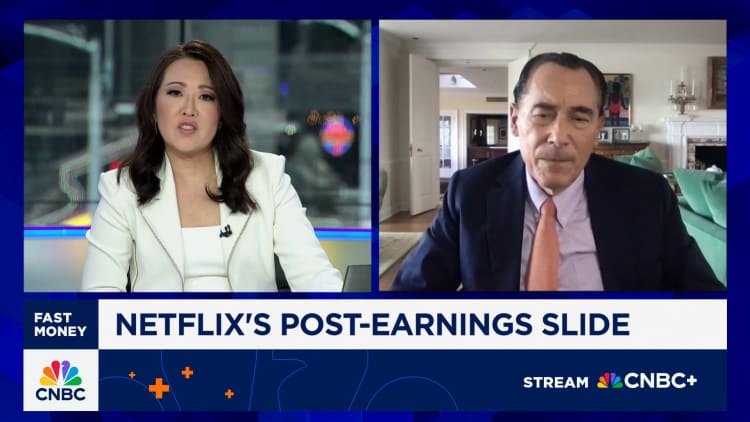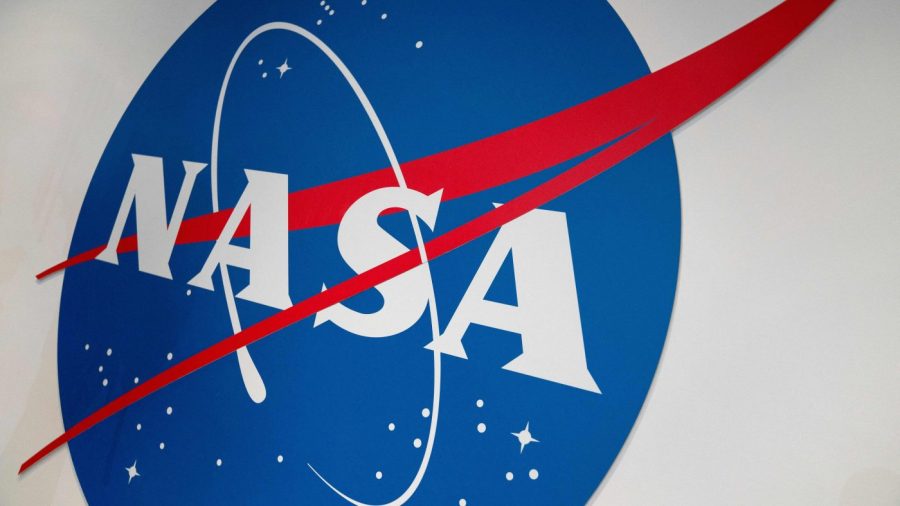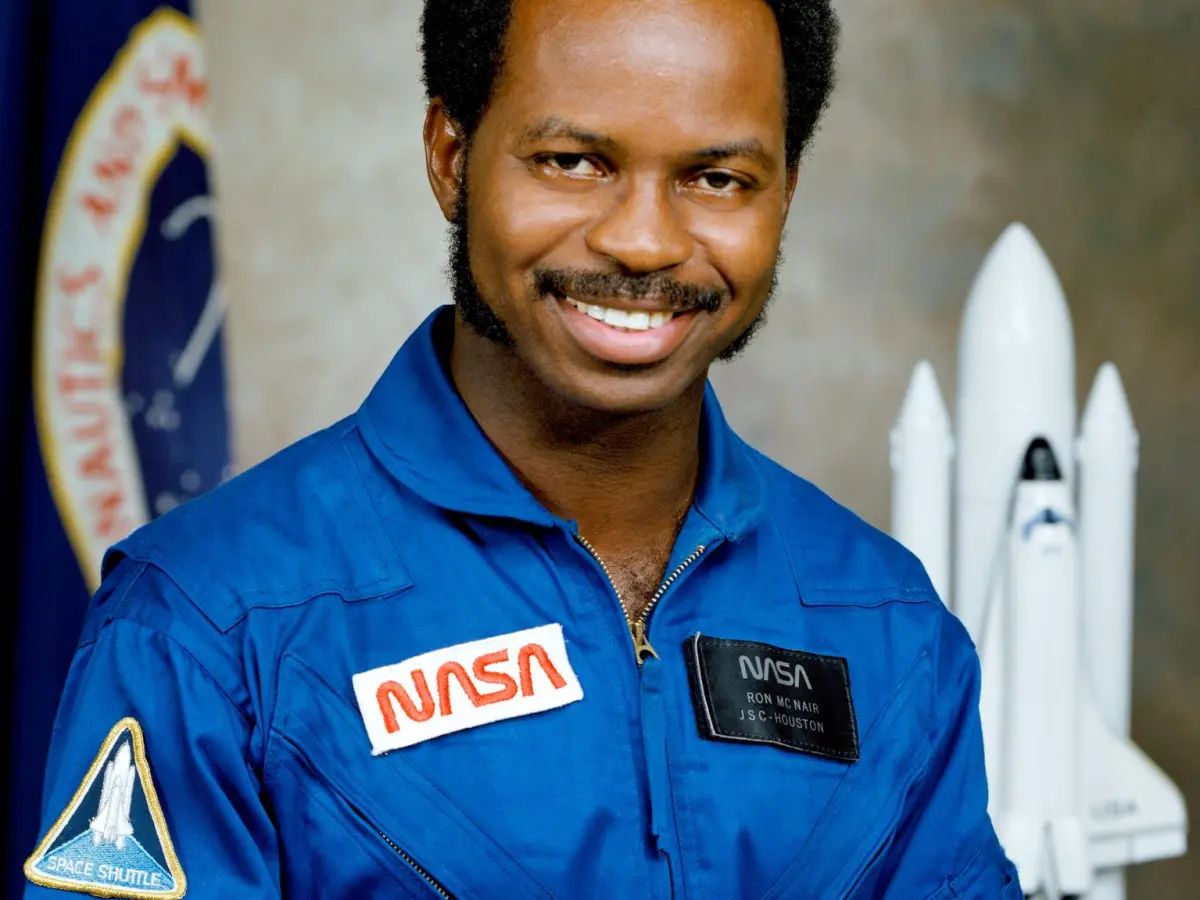
Tom Rogers, the former President of NBC Cable and a prominent figure in media analysis, has shifted his stance on Netflix, expressing concerns about the streaming giant’s future amidst increasing competition, particularly from platforms offering free content such as YouTube. In an interview with CNBC’s “Fast Money,” Rogers, who previously identified as a “raging bull” on Netflix, outlined factors that have caused him to reevaluate his position.
During the discussion, Rogers highlighted that while Netflix continues to produce more hit shows than its competitors, the company’s subscriber growth and total viewer engagement are showing signs of decline. “Netflix still has more hit shows than all the other streaming services combined, but when you look at the growth of their subscriber base and the amount of total engagement time from all viewers, the amount of viewing per viewer has gone down some,” he stated. Rogers currently serves as the executive chairman of Claigrid, an artificial intelligence company.
Viewer Engagement and Competition
According to data from Nielsen, Netflix experienced the largest monthly viewership increase compared to its competitors in June 2023. Nonetheless, YouTube accounted for 13% of total monthly TV viewership, significantly more than Netflix’s 8%. This shift in viewer habits raises questions about Netflix’s ability to sustain its growth trajectory.
Rogers’ concerns come in the wake of a positive quarterly earnings report released on July 17, 2023. Despite Netflix surpassing expectations in both revenue and profit and raising its full-year guidance, its stock has seen a decline of approximately 6% since the report, marking a nearly 11% drop from its record high reached on June 30. “There was nothing wrong with its earnings at all,” Rogers acknowledged, emphasizing that “engagement is what drives everything here.” He pointed out that decreased viewing levels could impact Netflix’s pricing strategies and programming budgets, ultimately affecting the quality of its content.
The Role of Artificial Intelligence
Looking ahead, Rogers predicts that artificial intelligence will serve as a “double-edged sword” for Netflix. On one hand, it could enhance the company’s targeted advertising capabilities and help reduce programming costs. On the other hand, AI tools are becoming increasingly accessible to independent content creators, potentially benefiting platforms like YouTube. “The line between professional and amateur content is going to get more and more blurry as AI tools in the hands of amateurs allow them to produce things that look incredibly professional,” Rogers explained.
He speculated that the rise of AI-generated content could elevate YouTube’s programming quality, further increasing its viewer base. Despite these challenges, Rogers still believes that Netflix will maintain its position as the most valuable media company globally, although he cautioned that the current lag in viewer engagement is a trend to monitor closely.
A spokesperson for Netflix, Emily Goldstein, declined to comment further and directed inquiries to the company’s recent earnings call. As the streaming landscape continues to evolve, the strategic decisions that companies like Netflix make in response to these new challenges will undoubtedly shape the future of digital media consumption.







